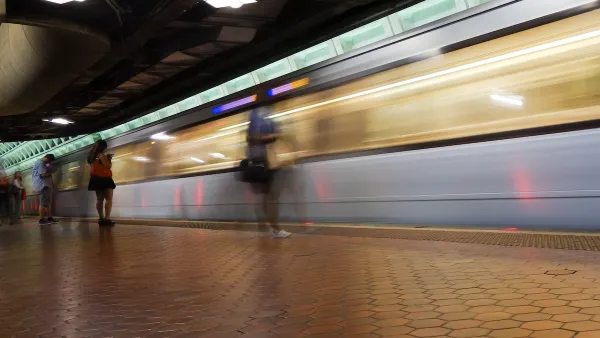Since 2011, the controversial Jerusalem Light Rail system has been a driving force behind the renewal and reintegration of some areas of the old city. In addition, the Jerusalem Business District is being planned as the city's new economic hub.
By Ricardo Mota for Cities of the Future
The Jerusalem stand at the Smart City World Congress last month brought to my attention an interesting reality about the ancient city.
Inaugurated in August 2011, the first light rail line in Israel has been a source of contention right from the start — financial, physical, and political. The budget for the project climbed dramatically from an initial estimate of €120 million to a final cost of around €925 million. The construction caused major disruptions in the city’s traffic flow and generated elevated levels of air and sound pollution that were vocally criticized by residents. And a 2009 report by the United Nations Human Rights Council described the new infrastructure as serving disputed settlements.
Fast forward to 2015 and the light rail moves around 140,000 passengers a day and has since become the heart of Jerusalem’s transportation network, connecting Muslim, Ultra-Orthodox and Israeli communities.
![Jerusalem Light Rail By Matanya – (Own work) [CC BY-SA 3.0]](/files/img/Jerusalem_Light_Rail02-800.jpg)
FULL STORY: Can Jerusalem’s Light Rail Pull the City’s Past Into the Future?

Analysis: Cybertruck Fatality Rate Far Exceeds That of Ford Pinto
The Tesla Cybertruck was recalled seven times last year.

National Parks Layoffs Will Cause Communities to Lose Billions
Thousands of essential park workers were laid off this week, just before the busy spring break season.

Retro-silient?: America’s First “Eco-burb,” The Woodlands Turns 50
A master-planned community north of Houston offers lessons on green infrastructure and resilient design, but falls short of its founder’s lofty affordability and walkability goals.

Test News Post 1
This is a summary

Analysis: Cybertruck Fatality Rate Far Exceeds That of Ford Pinto
The Tesla Cybertruck was recalled seven times last year.

Test News Headline 46
Test for the image on the front page.
Urban Design for Planners 1: Software Tools
This six-course series explores essential urban design concepts using open source software and equips planners with the tools they need to participate fully in the urban design process.
Planning for Universal Design
Learn the tools for implementing Universal Design in planning regulations.
EMC Planning Group, Inc.
Planetizen
Planetizen
Mpact (formerly Rail~Volution)
Great Falls Development Authority, Inc.
HUDs Office of Policy Development and Research
NYU Wagner Graduate School of Public Service


























